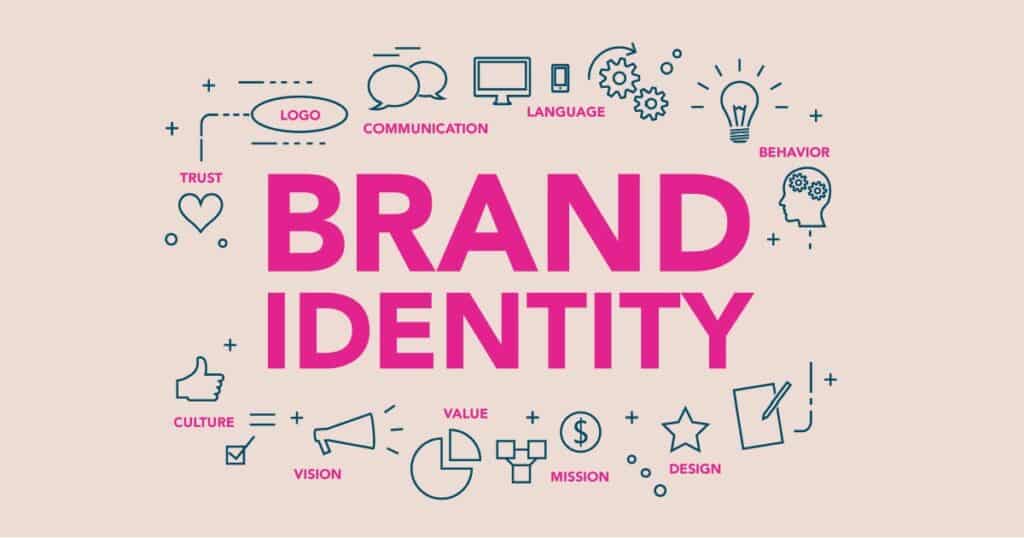Maximizing your eCommerce business’s potential requires a well-executed growth marketing strategy. In today’s competitive digital landscape, it’s crucial to stand out from the crowd and effectively reach your target audience. By implementing the right growth marketing strategies, you can drive more traffic, increase conversions, and ultimately boost your revenue.
The 7 Fundamental ECommerce Growth Marketing Strategies
Search Engine Optimization (SEO)
Search engine optimization is essential for any eCommerce business aiming to increase online visibility and organic traffic. By optimizing your website and product pages for relevant keywords, improving site speed, and building quality backlinks, you can improve your search engine rankings and attract more potential customers.
Effective SEO Tactics:
- Conducting keyword research to identify high-volume and relevant search terms
- Optimizing on-page elements such as titles, meta descriptions, and headers
- Creating compelling and informative product descriptions with strategic keyword placement
- Building high-quality backlinks from reputable websites in your industry
Content Marketing
Content marketing plays a vital role in attracting and engaging your target audience. By creating valuable and informative content, you can establish your brand as an authority in your niche, drive organic traffic, and increase conversions. Engaging content can include blog posts, videos, infographics, and eBooks.
Key Content Marketing Strategies:
- Identifying topics that resonate with your target audience and address their pain points
- Creating high-quality, shareable content that provides value and educates your audience
- Leveraging different content formats to cater to diverse preferences
- Promoting your content through various channels, including social media and email marketing
Building a Strong Brand Identity

Building a strong brand identity is not only a crucial aspect of eCommerce growth marketing but also a powerful strategy in itself. By establishing a distinctive brand identity, eCommerce businesses can effectively differentiate themselves from competitors, build trust with customers, and cultivate long-term brand loyalty. Here are key elements to consider when building a strong brand identity as part of your eCommerce growth marketing strategy:
- Consistent visual branding, including a well-designed logo, color scheme, and typography, creates recognition and reinforces your brand image.
- Crafting a compelling brand story that resonates with your target audience helps establish an emotional connection and fosters brand loyalty.
- Defining a unique value proposition and effectively communicating it across your marketing channels helps differentiate your brand and highlight its unique benefits.
- Developing a consistent tone of voice and messaging style that aligns with your brand values and appeals to your target audience helps create a cohesive and memorable brand experience.
Email Marketing
Email marketing remains one of the most effective strategies for nurturing customer relationships and driving repeat purchases. By building an email list and sending targeted and personalized campaigns, you can keep your customers informed, promote new products or offers, and encourage them to make additional purchases.
Key Email Marketing Techniques:
- Offering incentives such as discounts or exclusive content to encourage email sign-ups
- Segmenting your email list based on customer behavior and preferences
- Personalizing your email campaigns with dynamic content and product recommendations
- Automating email workflows, such as abandoned cart reminders and post-purchase follow-ups
Conversion Rate Optimization (CRO)
Conversion rate optimization focuses on improving the user experience and increasing the percentage of website visitors who complete desired actions, such as making a purchase or signing up for a newsletter. By optimizing your website design, streamlining the checkout process, and conducting A/B testing, you can boost conversions and maximize your revenue.
Effective CRO Strategies:
- Conducting user research to understand your target audience’s preferences and pain points
- Optimizing your website’s navigation, layout, and overall design for ease of use
- Simplifying the checkout process and minimizing friction points
- Testing different variations of your website elements, such as headlines, call-to-action buttons, and product images
Influencer Marketing
Influencer marketing involves collaborating with popular social media influencers or industry experts to promote your products or brand. By leveraging their reach and influence, you can tap into their engaged audience and increase brand awareness, trust, and conversions.
Influencer Marketing Tactics:
- Identifying influencers relevant to your industry and target audience
- Building relationships with influencers through genuine engagement and personalized outreach
- Negotiating mutually beneficial partnerships, such as sponsored posts or affiliate programs
- Monitoring and measuring the effectiveness of your influencer campaigns
Customer Retention Strategies

While attracting new customers is important, retaining existing customers is equally crucial for long-term success. Implementing effective customer retention strategies can boost customer loyalty, increase customer lifetime value, and generate positive word-of-mouth referrals.
Customer Retention Techniques:
- Providing exceptional customer service and personalized support
- Implementing a loyalty program to reward repeat purchases
- Sending personalized offers, recommendations, and exclusive content to existing customers
- Encouraging customer reviews and testimonials to build social proof
Maximizing your eCommerce business’s potential requires a well-rounded approach to growth marketing. By implementing these 7 fundamental eCommerce growth marketing strategies, you can increase your online visibility, engage with your target audience, drive conversions, and ultimately grow your business. Remember to stay agile, monitor your results, and adapt your strategies as needed to stay ahead in the competitive eCommerce landscape.
FAQs
The time it takes to see results can vary depending on various factors, such as your industry, target audience, and the extent of your marketing efforts. While some strategies like SEO and content marketing may take time to yield significant results, others like influencer marketing and email marketing can generate more immediate outcomes. It’s important to be patient and consistently implement these strategies for long-term success.
You can certainly implement these strategies on your own, especially if you have the time and resources to dedicate to marketing your eCommerce business. However, if you feel overwhelmed or lack the expertise, hiring a marketing agency can be beneficial. They can provide valuable insights, experience, and resources to help you maximize your business’s potential.
While implementing all seven strategies can provide comprehensive growth for your eCommerce business, it’s not mandatory to use them all. It’s essential to evaluate your business goals, target audience, and available resources to determine which strategies will be most effective for your specific situation. Focus on the strategies that align with your objectives and prioritize them accordingly.
Measuring the success of your marketing strategies is crucial to understand their effectiveness and make data-driven decisions. Utilize various analytics tools to track metrics such as website traffic, conversion rates, engagement levels, email open rates, and customer retention. Regularly analyze these metrics and adjust your strategies based on the insights you gather.
Yes, these fundamental eCommerce growth marketing strategies can be applied to various types of eCommerce businesses, including both B2C (business-to-consumer) and B2B (business-to-business) models. However, it’s important to tailor these strategies to suit your specific industry, target audience, and business goals.
The digital landscape is ever-evolving, and consumer behaviors and preferences can change over time. It’s crucial to regularly revisit and update your growth marketing strategies to stay relevant and effective. Set aside time to analyze industry trends, evaluate your competitors, and adapt your strategies accordingly.
Related articles
- 8 Ways To Get More Reviews From Your Customers Right Now
- 10 Tips To Increase Average Order Value In 2023
- Retention Marketing: 5 Tactics to Keep Customers
- Customer Retention: How Can Your Business Ensure Repeat Customers?
- How To Solve 4 Common Customer Retention Problems
- Most Effective Ways To Increase Your Conversion Rate
 Anas is our go-to copywriter with a knack for crafting persuasive and high-converting eCommerce landing pages. His passion for words and understanding of consumer psychology helps turn visitors into loyal customers. When he's not refining his copy, Anas enjoys exploring the latest digital marketing trends and experimenting with new writing techniques. His blend of creativity and strategic thinking makes him an indispensable part of our energetic team.
Anas is our go-to copywriter with a knack for crafting persuasive and high-converting eCommerce landing pages. His passion for words and understanding of consumer psychology helps turn visitors into loyal customers. When he's not refining his copy, Anas enjoys exploring the latest digital marketing trends and experimenting with new writing techniques. His blend of creativity and strategic thinking makes him an indispensable part of our energetic team.












